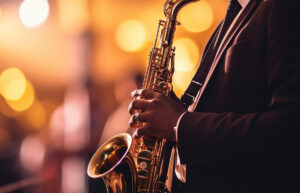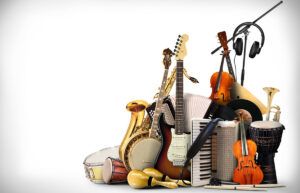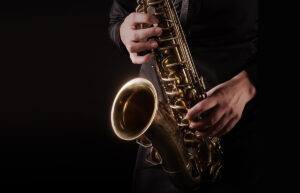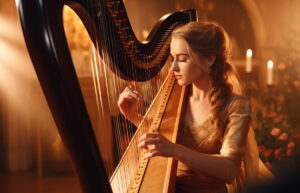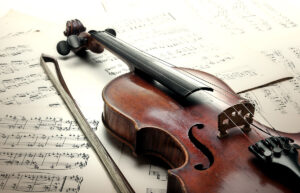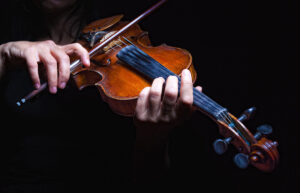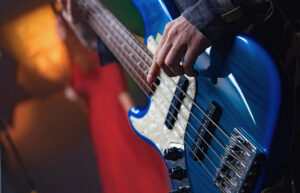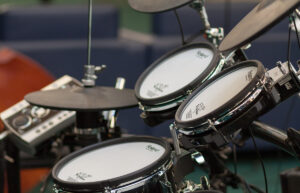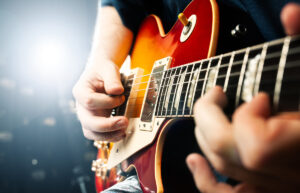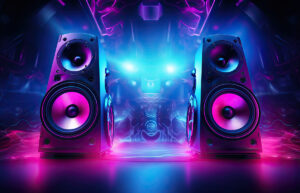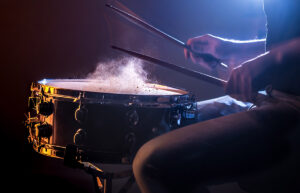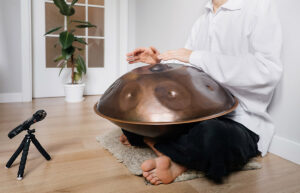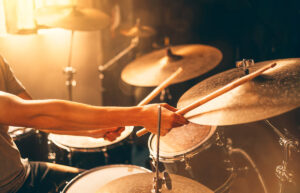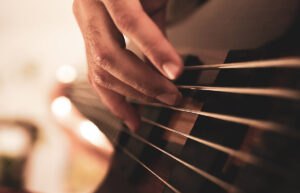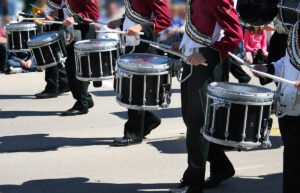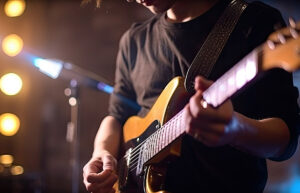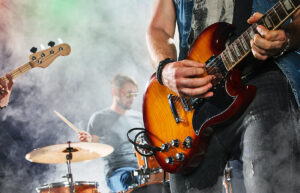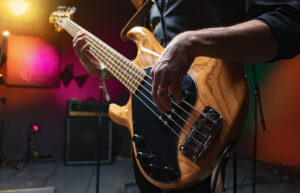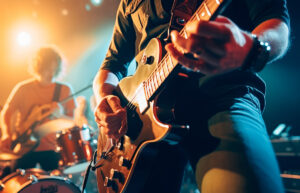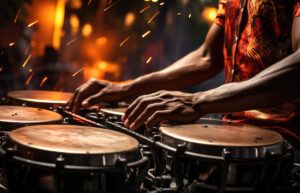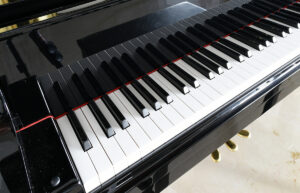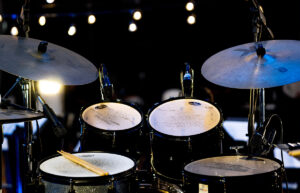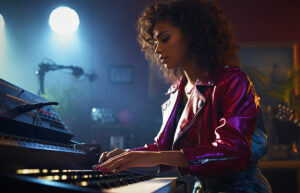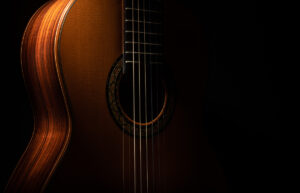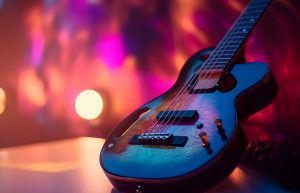Best Piano for Beginners: Types, Factors, and Top Picks for Beginners

Are you looking for the best piano for beginners? If you’re just starting out and trying to figure out which piano is best for you, you’re in luck! We’re here to help you understand the different types of pianos that are great for beginners and what things you should consider when choosing one. We’ll even share some of our top recommendations that are sure to match your growing skills.
Welcome to TheDemoStop, now join the community!
Connect with artists, fans and producers around the world.
Importance of choosing the best piano for beginners
Choosing the best piano for beginners is incredibly important because it sets the stage for your entire musical journey. Think of it like making a long-term investment. A good piano can stay with you for years, serving as a reliable tool for practice and performance as you progress. Having the right piano can make learning a lot more enjoyable. You’ll look forward to practicing when you have a great piano that feels good to play.
Moreover, the right piano helps you develop good habits. Just like using the right form in sports prevents injuries, playing on a piano with the right touch and feel ensures you’re learning the correct techniques from the start. Plus, if you have a piano that you enjoy playing, you’re more likely to spend time practicing.
Types of beginner pianos and keyboards
Portable keyboards
Portable keyboards are lightweight, compact, and often come with built-in speakers. They are suitable for beginners who want a portable and affordable option. The keyword has a limited key range and touch sensitivity and may not replicate the feel of an acoustic piano.
Digital pianos
Digital pianos are designed to emulate an acoustic piano’s sound and feel closely. They usually have weighted keys, which mimic the feel of a traditional piano, and often come with built-in speakers. These pianos have better key action than portable keyboards, more realistic piano sound, and are suitable for learners wanting a piano-like experience.
Arranger keyboards
Arranger keyboards have built-in accompaniment styles and features, making them suitable for creating full musical arrangements. They often have a wide range of instrumental sounds.
Stage/gigging pianos
Designed for live performances, stage pianos usually focus on delivering high-quality sounds and a realistic piano feel. They may lack built-in speakers but excel in connectivity options. Gigging musicians often use professional-grade features for stage performances.
MIDI keyboards
MIDI keyboards do not produce sounds independently but transmit MIDI data to external devices like computers or sound modules. With no built-in sounds, these keyboards are often used for music production and recording.
Best piano for beginners
Casio CTK-2550
The Casio CTK-2550 is a portable digital keyboard with 61 piano-style keys, suitable for beginners who want to learn a musical instrument.
- Price: $109.99
- Features:
- 400 high-quality tones and 100 rhythms with auto accompaniment.
- A powerful lesson function with a metronome
- A dance music mode
- Compatibility with Casio’s mobile application “Chordana Play.”
- A sustain pedal jack, an auxiliary in, and a phone out.
Yamaha PSS-F30
The Yamaha PSS-F30 is a mini keyboard with 37 keys, designed for children who want to learn music.
- Price: $99
- Features:
- 120 high-quality tones and 114 auto accompaniment.
- A lesson function with a metronome.
- Compatibility with Yamaha’s mobile application “Chordana Play.”
- A battery and USB bus-powered design.
Juarez Octavé JRK661
The Juarez Octavé JRK661 is a lightweight electronic keyboard piano suitable for beginners and hobbyists.
- Price: Around $78
- Features
- 61 keys, 255 timbres, 255 rhythms, and 24 demos
- A chord mode
- A USB port
- Mini-sized keys.
Licpo
The Licpo keyboard is a portable electronic piano with flat and small keys, designed for beginners. It has a built-in speaker and microphone, making it a great teaching gift for boys and girls.
- Price: $100
- Features
- 61 keys, 16 tons, and 10 rhythms
- Record & Play Function
- 6 Demos and 8 Percussions
- Made of ABS environmentally plastic.
- Battery Operated
- A USB microphone is available.
Welcome to TheDemoStop, now join the community!
Connect with artists, fans and producers around the world.
Yamaha Remie PSS-E30
The Yamaha Remie PSS-E30 is a compact and lightweight high-quality mini keyboard designed for young children. Its keyboard is made for small hands, with a beautiful sound and a free digital songbook to help guide children.
- Price: $59.99
- Features:
- 37 keys, 47 voices (instruments), 74 sound effects, and 28 auto accompaniment styles.
- Quiz mode for children
- Smart chord function
- 30 onboard Songs
- Built-in speaker with a headphone jack
- A USB power adaptor or “AA” batteries
Casio CT-S100 Casiotone
The Casio CT-S100 Casiotone has a slim, stylish, portable design with an easy-to-use interface. This keyboard is 30% smaller in volume than the CTK-1500 and CTK-1550 models, and it boasts roughly 16 hours of alkaline battery life and quality sound.
- Price: $99.99
- Features:
- My Setup Button to easily recall tones and rhythms.
- Piano-style keyboard
- USB to Host Micro B for expandability
- 61 keys, 122 tones, and 61 rhythms.
- Automatic accompaniment
- 600+ built-in songs
- A music stand is included.
Roland FP-30 digital piano
The Roland FP-30 is a digital piano known for its compact size, high-end performance, and affordability.
- Price: $699
- Features:
- SuperNATURAL piano sound engine
- 88-note PHA-4 standard keyboard
- Powerful amplifier and stereo speakers
- Headphones output and quiet keyboard action
- Built-in bluetooth wireless connectivity
- Dual/Split/Whole/Twin modes and a wide selection of non-piano sounds
- Built-in Practice and Recording Functions
Kawai KDP110 digital piano
The Kawai KDP110 is a digital piano recognized worldwide for its outstanding tone and performance. It is designed to deliver the touch of a fine acoustic instrument through its new 3-sensor Responsive Hammer Compact II keyboard action. It is available in compact design in a premium rosewood finish.
- Price: $1,549
- Features:
- Harmonic Imaging™ Sound Technology
- Bluetooth® and USB-MIDI connectivity
- Enhanced SHS headphone sound with headphone-type settings
- Grand feel pedal system
- Powerful 40-watt stereo amplifier and speaker system
How do you choose the best beginner piano?
Number of keys
Most standard pianos have a full range of notes with 88 keys. However, for beginners, especially young children, keyboards with fewer keys (e.g., 61 or 76 keys) may be more suitable and cost-effective. As the player progresses, they can transition to a full-sized keyboard.
Touch response
A piano with touch-sensitive keys responds to the force of your touch, allowing for expressive playing similar to an acoustic piano. Weighted or semi-weighted keys simulate the feel of an acoustic piano and are preferred for a more authentic playing experience.
Sounds and features
The quality of sounds is another essential factor to consider. Digital pianos often come with different instrument sounds, but the primary focus should be on the piano sound. Additional features like metronomes, built-in lessons, and recording capabilities can enhance the learning experience.
Portability
If portability is a priority, go for a lightweight and compact portable keyboard. However, with portable keyboards, you may have to sacrifice some features and key feel compared to larger digital pianos.
Accessories
While buying a new piano, please check if the piano comes with essential accessories or needs to be purchased separately. Common accessories include a stand, a bench, a sustain pedal, and a power adapter. Some packages may also include headphones for private practice.
Budget
Beginner pianos come in a wide price range, so balancing your needs with what you can afford is essential. Therefore, decide on a budget for your purchase to avoid indecisiveness.
Welcome to TheDemoStop, now join the community!
Connect with artists, fans and producers around the world.
Conclusion
Importance of choosing the best piano for beginners
Choosing the best piano for beginners is crucial for a positive learning experience. A suitable instrument promotes proper technique, encourages consistent practice, minimizes frustration, and fosters a love for playing music.
Types of beginner pianos and keyboards
- Portable keyboards
- Digital pianos
- Arranger keyboards
- Stage/gigging pianos
- Midi keyboards
Best piano for beginners
- Casio CTK-2550
- Yamaha PSS-F30
- Juarez Octavé JRK661
- Licpo
- Juarez Octavé JRK490
- Yamaha Remie PSS-E30
- Casio CT-S100 Casiotone
- Roland FP-30
- Kawai KDP110
How to choose the best piano for beginners?
- Number of keys
- Touch response
- Sounds and features
- Portability
- Accessories
- Budget
FAQs
Which piano is best for beginners?
Some of the best piano options for beginners include:
- Casio CTK-2550
- Yamaha PSS-f30
- Juarez Octavé JRK661
- Licpo
- Juarez Octavé JRK490
What is the easiest keyboard instrument for beginners to learn?
The easiest keyboard instrument for beginners to learn is typically the electronic keyboard or digital piano. These instruments are user-friendly, often have a range of built-in sounds, and may come with features like key lighting to aid learning. Digital pianos with weighted keys provide a more realistic playing experience, making them suitable for beginners aiming to develop proper piano techniques.
How to choose the best beginner piano?
Here are some factors in choosing the best beginner piano:
- Number of keys
- Touch response
- Sounds and features
- Portability
- Accessories
- Budget
Should a beginner get a keyboard or digital piano?
For a beginner, a digital piano is generally recommended for a more authentic playing experience with weighted keys and better sound quality. However, a keyboard may be more practical if budget, space, and portability are significant concerns.


